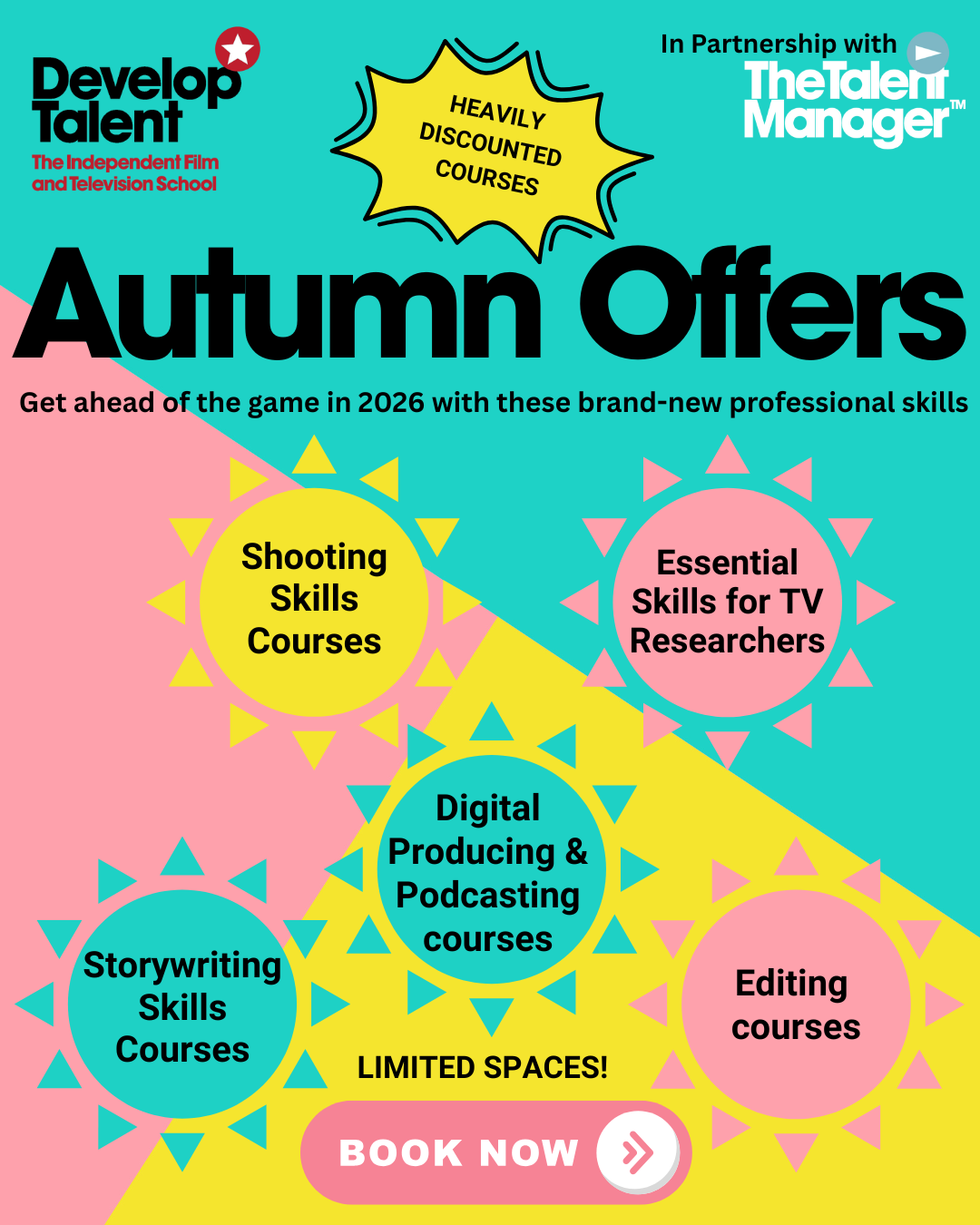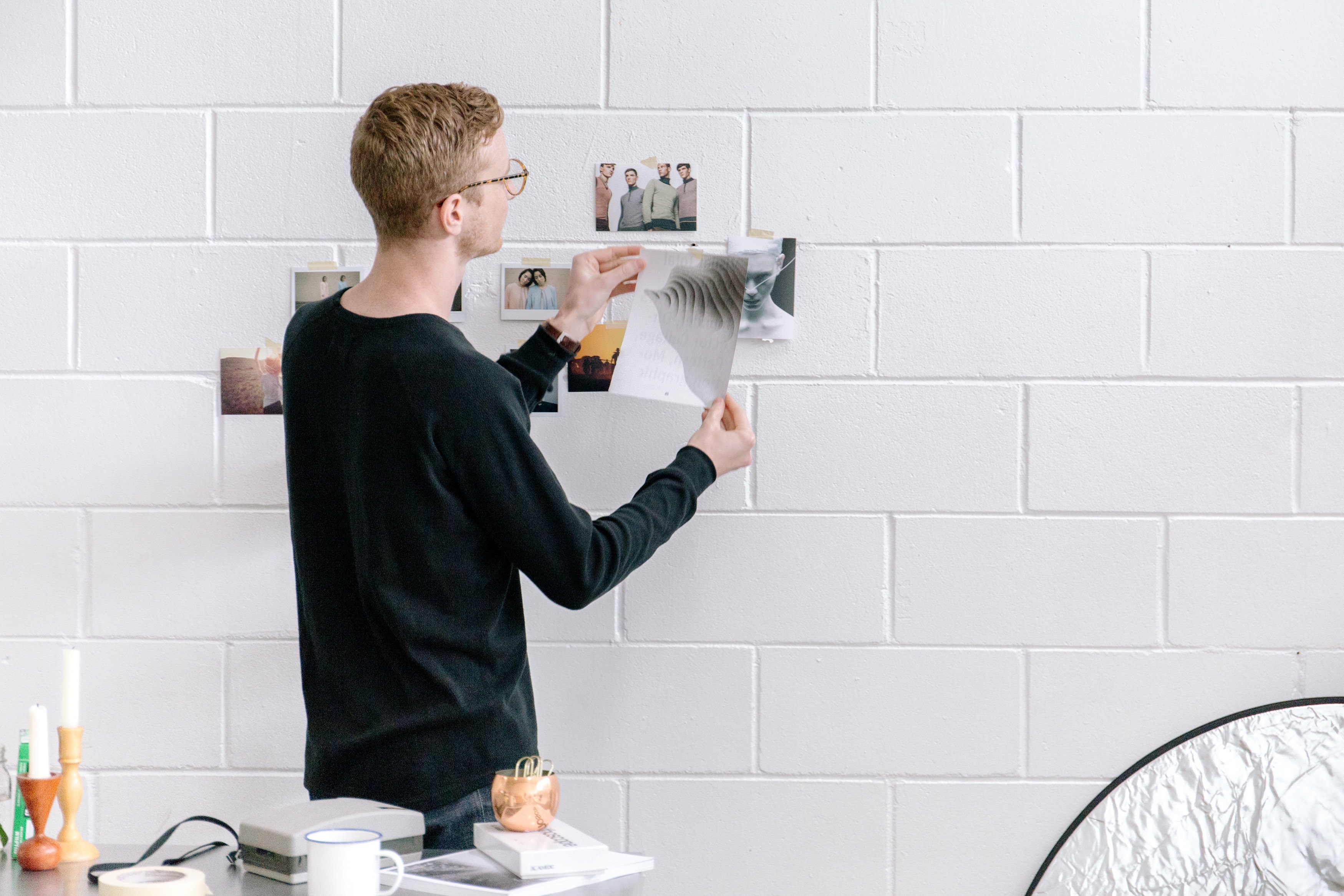Less than a third of disabled creatives working in TV feel confident they can progress their career, despite more than two-thirds having the requisite knowledge and skills, according to a Creative Access report.
The survey, completed by 770 people identifying with at least one physical or mental disability, contrasts with the 69% of creatives across the industry surveyed earlier in the year.
In terms of where they feel they lack support, only 25% said they had access to the right contacts and networks (compared to 62% of the wider sector).
Respondents spoke of their struggle in understanding social cues and the exhausting experience of “hustling”.
Meanwhile, only 34% said their organisation had a supportive and inclusive culture (compared to 64%).
The report highlights frustration with colleagues’ and managers’ perceptions of neurodiversity, long-term and mental health problems and felt they had to work harder to justify needing or deserving adjustments.
Almost nine in ten said employers’ understanding of such adjustments, coupled with gaps in non-disabled colleagues’ awareness of disability issues, were a barrier to progression and an “unconscious bias” affected their opportunities for landing jobs and progressing internally.
Around three-quarters pointed to issues with workplace accessibility and working week structures.
Creative Access called for better training, especially for senior staff, line managers and those involved in hiring to avoid perceptions that disabled employees’ limitations are an “inconvenience” and to be mindful of poor workplace accessibility’s impact on personal confidence.
Low optimism
As a result, just 27% are optimistic about the opportunities open to them, compared to 69% among all creatives. “I feel defective and like everyone around me finds things easier,” said one respondent. “Work can feel like a battle for me.”
Many said they choose not to disclose their disability, particularly an “invisible” one such as neurodivergence or high-functioning autism.
The main way to improve, identified by 81%, is for more flexible working, followed by line manager training (76%) and mentoring and networking opportunities (74%).
However, disability passports did not win much favour with respondents, with only 34% saying they would help. The report quotes fears that they would be used against disabled people and make the workplace less accessible, and cynicism about companies’ commitment to creating real change.
What next?
The report concludes that organisations should base their access approach to universal principles that benefit the entire team so that disabled people to do not always require differentiation.
It also suggests organisations should audit staff regarding their understanding of legal duties towards disabled people, and audit recruitment, training and promoting policies and procedures to flag up any barriers to progression – and to consider running Positive Action schemes, specifically aimed at recruiting people.
For its part, Creative Access is looking into a dedicated bursary scheme and a ringfenced mentoring programme.


